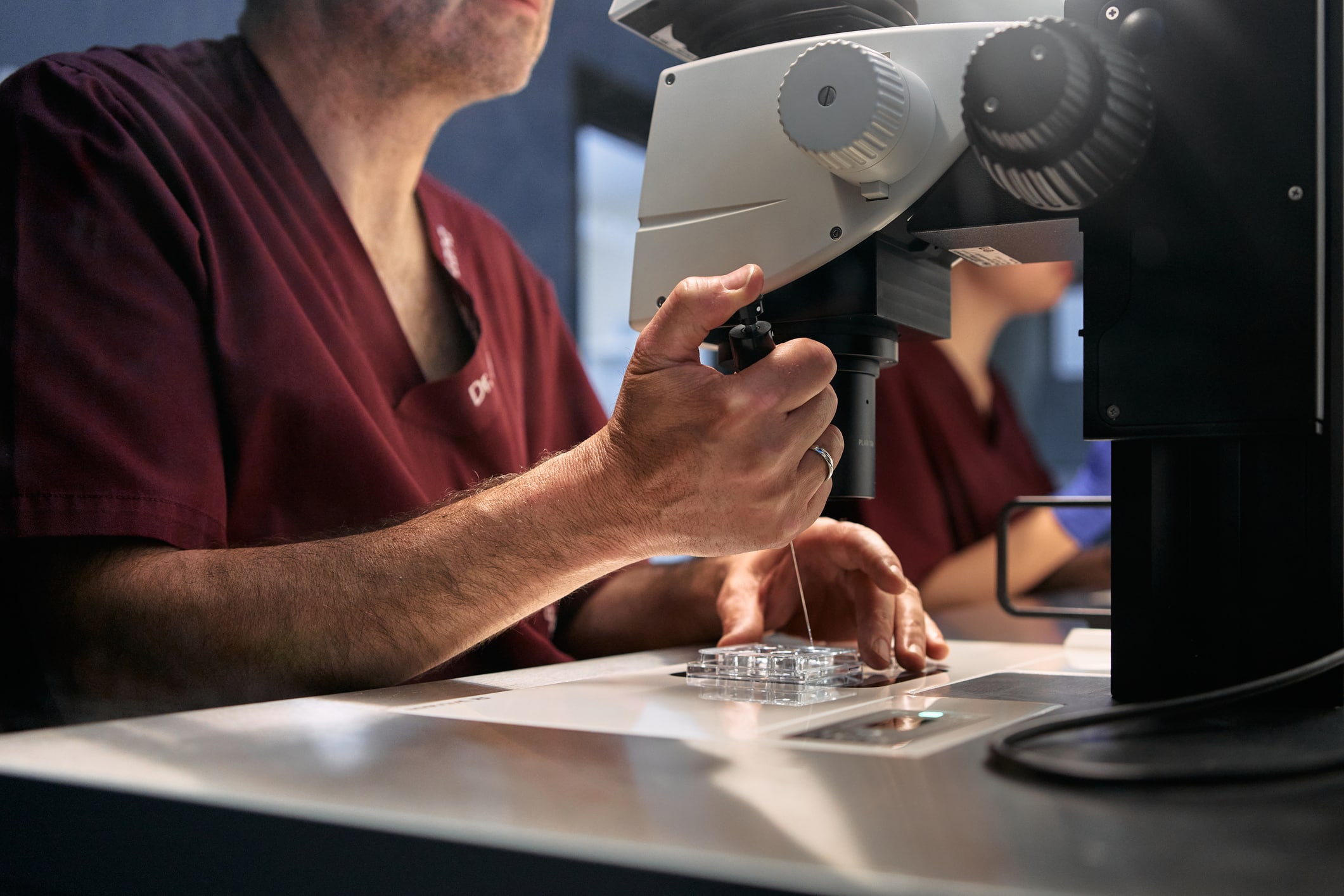For many, the reality of raising a family is an arduous journey – and often a silent one. In recent years, there has been remarkable progress in the field of reproductive technologies. These technologies include medical procedures used primarily to address infertility. In fact, the global assisted reproductive technology market size was valued at $28.2 billion in 2021 and is expected to reach $42.5 billion by 2030, according to a research report published by Spherical Insights & Consulting.
In the African context, research suggests that our constantly and rapidly changing lifestyle is fundamentally impacting fertility. Fertility has emerged as a medico- sociocultural problem. The continent also has a higher prevalence of sexually transmitted infections (STI), and postpartum and postabortion infections, which contribute to both male and female infertility.
In fact, a 2019 study conducted by Ombelet and Onofre found that infertility had a higher prevalence in low-resource countries, particularly in sub-Saharan Africa. At the time, it was estimated that more than 180 million couples were impacted by infertility in the region. As the authors concluded: “The magnitude of childlessness in African countries has dimensions beyond its prevalence.” At its core, infertility is a human rights issue that demands attention.
In the 21st century, what are the ethical implications of reframing our creation of humans? As we venture into our own ‘brave new world’, we must do so with a framework in place. We find ourselves in the midst of the fourth industrial revolution (4IR), defined by great disruption to technology, industries, and society, which calls for changes to policy and our approaches.
There are two broad factors to consider in this shift: how do we safeguard core legal values – such as equal treatment under the law, procedural fairness, and due process and adequate access to justice for all, for instance – and how do we adapt to these broad societal changes? There are also key concerns in our own context. Infertility in Africa is impacted by epidemiological barriers as there is a lack of data informing the burden of infertility, the need for reproductive technologies and even access. Moreover, inequalities are starkly presented in conversations around access both from a geographical standpoint and a financial perspective.
Ombelet and Onofre’s study found that “more than 98% of the continent cannot afford In Vitro Fertilization (IVF) because it is either too expensive or because of a lack of IVF centers”.
In 2018, Botha et al. found that ‘inaccess’ was driven by the confluence of widespread poverty, inadequate government or insurance support, insufficient resource allocation for capacity building, and the absence of facilities. There are also challenges in the cultural, religious, and societal perception of both infertility and its treatment, which are pervasive in many parts of Africa. In some cases, this is largely the impact of limited knowledge of the public, patients, and even healthcare providers. This is coupled with restrictive health policies, which have to be challenged.
What is required is a comprehensive and culturally sensitive approach that takes into account the socioeconomic context.
Some solutions include raising awareness and education about available treatments and the benefits and risks; addressing cultural and religious beliefs around the technology and encouraging open dialogue; making artificial reproductive technologies more affordable on the continent through reducing
costs; comprehensive healthcare coverage and public-private partnerships; and increasing research capabilities and data collection in this field to allow for infrastructure development.
Additionally, as other technologies of the 4IR have demonstrated, we need sound ethical frameworks. This will be the basis for our approach to regulation. This will require the legal fraternity to keep up with developments in the space and respond accordingly. While there are broad ethical frameworks in place, it is imperative that we get more specific as these technologies shift from theory to practice. Researchers Pepper and Slabbert state: “Legislation in its broadest sense should be seen as a permanent work- in-progress requiring ongoing review.”
This is how we continue to break barriers and explore the unknown ethically. Legislation is largely reactive. In the 4IR, however, there is an increasing argument for a proactive approach.
What is apparent is that as these technologies increasingly emerge, society needs to respond accordingly. If we have any hope of ensuring greater access and acceptance, then we must ensure that we are adapting to this shifting context. As the biologist and author of Daedalus, JBS Haldane, once poignantly wrote, “We can foretell little of the future save that the thing that has not been is the thing that shall be.”
